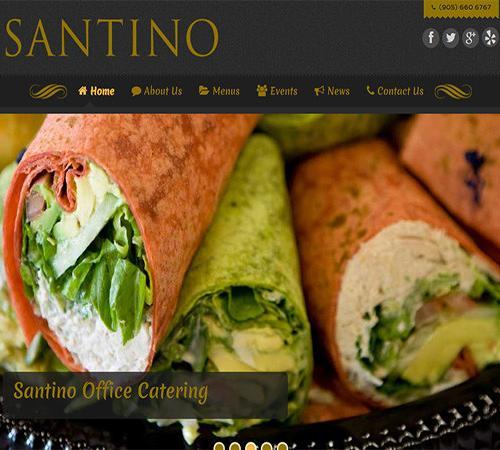For Toronto businesses, the adoption of open-source Content Management Systems (CMS) offers significant advantages, particularly in terms of cost-effectiveness and long-term control. Unlike proprietary systems that often come with hefty licensing fees and recurring subscriptions, open-source CMS platforms like WordPress, Drupal, or Joomla are generally free to download and use. This drastically reduces the initial investment barrier, making high-quality web presence accessible even for startups and small to medium-sized enterprises in Vaughan or other budget-conscious areas. Furthermore, businesses retain complete ownership of their website’s code and data, avoiding vendor lock-in that can be a major concern with closed-source solutions. This translates to greater flexibility and reduced ongoing costs, as businesses aren’t tied to a single provider for support or future development.
Beyond cost, open-source CMS solutions provide unparalleled flexibility, customization, and scalability, which are essential for Toronto businesses operating in a diverse and dynamic market. With access to the source code, developers can tailor every aspect of the website to meet precise business needs, from unique design elements to complex functionalities and integrations with existing systems. This level of customization is crucial for brands looking to differentiate themselves and offer highly specific services. Moreover, the vast ecosystem of themes, plugins, and modules available for popular open-source CMS platforms means businesses can easily add new features as they grow or market demands change. This inherent expandability ensures that a Toronto business’s website can evolve continuously without requiring a costly and disruptive platform migration.





 Popular open-source CMS like WordPress, Joomla, and to an increasing extent, Drupal (especially with recent advancements like Layout Builder and Claro admin theme), prioritize intuitive user interfaces. This means Toronto business owners and their marketing teams can easily create, edit, and publish content without needing extensive coding knowledge. Features like “What You See Is What You Get” (WYSIWYG) editors allow users to visually format text, insert images, and embed multimedia directly into pages or posts, mirroring the experience of common word processors. This simplicity accelerates the content creation process, enabling Toronto businesses to quickly update promotions, announce local events, or publish blog posts, ensuring their online presence remains fresh and engaging for their target audience across the city and beyond.
Popular open-source CMS like WordPress, Joomla, and to an increasing extent, Drupal (especially with recent advancements like Layout Builder and Claro admin theme), prioritize intuitive user interfaces. This means Toronto business owners and their marketing teams can easily create, edit, and publish content without needing extensive coding knowledge. Features like “What You See Is What You Get” (WYSIWYG) editors allow users to visually format text, insert images, and embed multimedia directly into pages or posts, mirroring the experience of common word processors. This simplicity accelerates the content creation process, enabling Toronto businesses to quickly update promotions, announce local events, or publish blog posts, ensuring their online presence remains fresh and engaging for their target audience across the city and beyond. Both custom-developed and commercially available plugins play crucial roles in expanding a CMS’s capabilities, allowing businesses to tailor their digital platforms precisely to their requirements. Without this extensibility, CMS platforms would be far less versatile, limiting their ability to cater to the diverse demands of modern web presence.
Both custom-developed and commercially available plugins play crucial roles in expanding a CMS’s capabilities, allowing businesses to tailor their digital platforms precisely to their requirements. Without this extensibility, CMS platforms would be far less versatile, limiting their ability to cater to the diverse demands of modern web presence.









Recent Comments